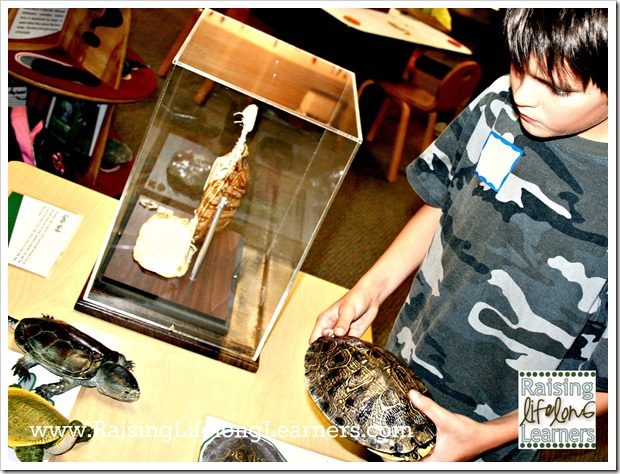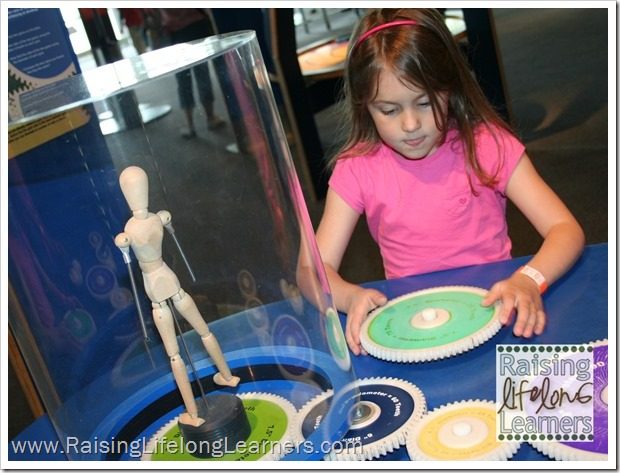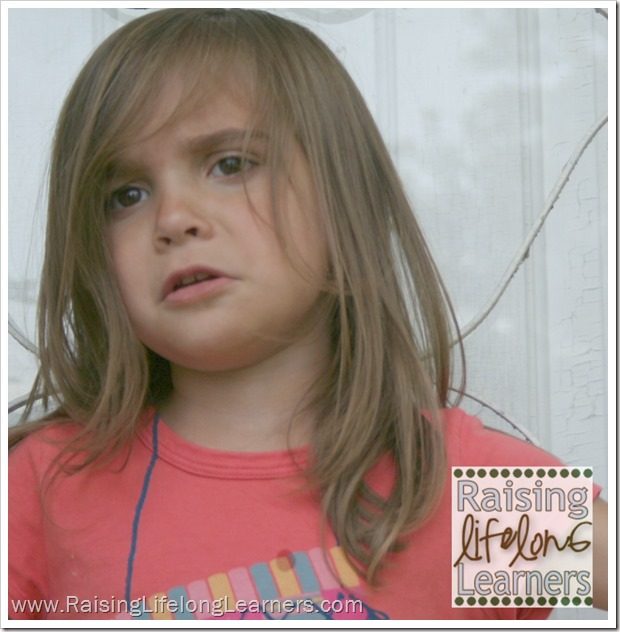How Do I Know if My Child is Gifted?
Your two year old just picked up a book you’ve never shown her, and read the entire thing…perfectly. Your eleven year old is completely unimpressed with his textbook’s description of black holes and launches his own campaign to find out everything there is about astrophysics, dark matter, Einstein’s theory of relativity, the differences between light wavelengths, and more…so much more.
It’s pretty obvious to you, and to those who have the opportunity to chat with these kiddos on a regular basis, that they are gifted. Highly, even profoundly, gifted.
But what about regular {for lack of a better word} gifted kids? How can you tell if your child is gifted or just really smart?
First, remember that the term gifted doesn’t define worth. All children are blessings. All children are gifts. Giftedness is a special need, though, and must be accommodated for.
Ranges in Giftedness
There’s a range within the identification of giftedness that can help parents and teachers {homeschool, traditional school, and tutors} meet their kids’ needs head-on, and help them soar.
Kids can be gifted {G}, moderately gifted {MG}, highly gifted {HG}, exceptionally gifted {EG}, and profoundly gifted {PG}. And, while I hesitate to give intelligence score ranges here because there are SO many variables to consider when parenting, teaching, and loving your child, I’ll include a range below using the Full Scale IQ score from the WISC-IV as shared on HoagiesGifted.org.
I highly recommend that you read their article about what is all means before hanging your hat on a score, though.
| Levels of Giftedness | Full Scale IQ score WISC-IV |
| Gifted or Moderately Gifted |
130-138 |
| Highly Gifted |
138-145 |
| Exceptionally Gifted |
145-152 |
| Profoundly Gifted |
152-160 |
The most important thing – in my opinion – is that you KNOW your kids and meet their needs whatever, wherever, they are and encourage them to pursue learning everyday.
Signs of Giftedness
The characteristics of EG and PG kids are pretty obvious to anyone who has spent time with a gifted child that falls within this range. And these traits keep bringing moms and dads to our Facebook Page for support and shared stories again and again.
But, parents of kids who are gifted, MG, or HG, often ask how they know if their child is truly gifted and not just smart.
My short answer – YOU know your kids better than anyone else ever will. Trust your gut.
The long answer is a little more complicated, and in the long run doesn’t matter as long as you give your kids what you think they need, education-wise, when they need it.
But, here goes. This checklist isn’t comprehensive, but is a good overview for you to download, print, and keep wherever you put your schooling resources. It’s a good reminder of what you can do to encourage your gifted children, and I want you to have it – my gift to you. Just click the image to download a full-size pdf printable.
What Gifted Kids Need
Educationally, emotionally, and socially, gifted children need what all kids need. They need love and support. They need discipline and structure. They need challenges and fun.
But, these things will look different to every gifted child and every parent. Personal preferences, interests, family structures, and so much more have to come into play. And, unfortunately, there is not a one-size-fits-all plan for parents of gifted kids.
Let’s face it… the parenting books rarely take into account a four year old who weeps regularly over the state of endangered species, or the fact that countries are at war all around the world, and children are starving. It’s next to impossible for a book, blogger, teacher, psychologist, or anyone to come up with a plan that will explain exactly how you should parent and teach your gifted child perfectly.
Depending on the range in which your kiddo falls, and his or her interests, there are things you can do to meet their educational needs, though. And, while I’m choosing to homeschool my kids, and I think it works for many – if not most – gifted kids, I will never tell you it’s the only way that works.
Some gifted kids do very well in traditional school settings. Some do amazingly well with partial homeschooling, or microschooling, or online schooling with supplementation, etc.
In the coming weeks, we’ll delve into these options, and work together to come up with things that work for us as individuals parenting bright minds today, as well as options that may work for many of us.
While you’re waiting, I hope you’ll join in the conversation. Comment about what works for you. How do YOU meet your kids’ needs? How did YOU know your child was gifted? What are your favorite resources? What questions do you have about meeting your child’s needs?
And, take time to answer each other. We’re here together, raising these special kids. We’ll only be richer for the conversations.
Remember to sign up for our newsletter so you’re notified of new posts, downloads, books, and resources as soon as they become available.
I won’t share your information with anyone, and am transitioning to a weekly format with bonus content and articles so your inbox isn’t flooded.
For more information about gifted kids, check out:
If you’re on Pinterest, you can find easy links to all my past gifted posts, as well as links to great information I find around the web:






